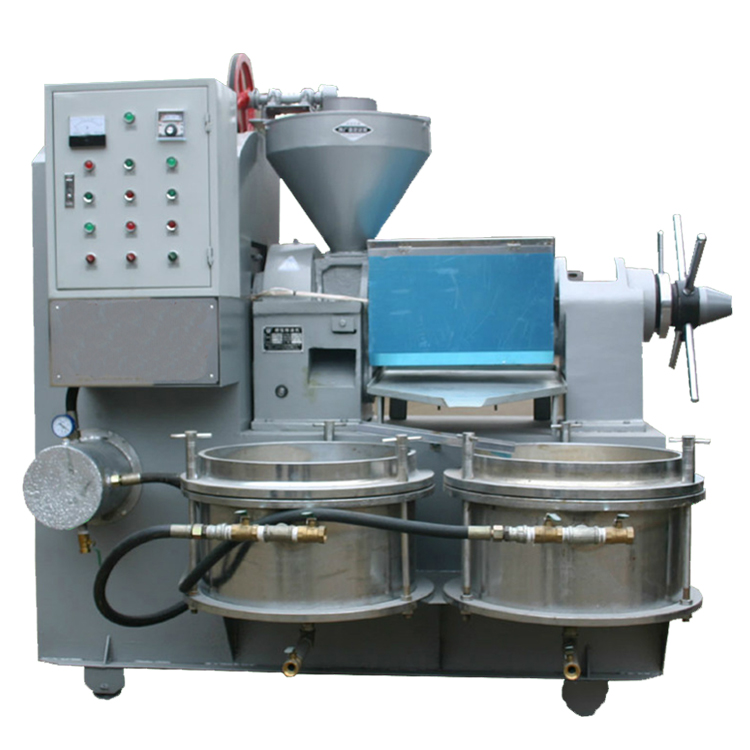Nov . 04, 2024 15:36 Back to list
Oilseed Extraction Plant for Efficient Oil Production and Sustainable Resource Utilization
The Oil Seed Press Industry A Vital Sector for Sustainable Agriculture
The oil seed press factory plays a crucial role in the agricultural and food production sectors. It is a facility that processes oilseeds—such as sunflower, canola, soybean, and sesame—transforming them into edible oils and valuable by-products. With the growing global demand for healthier cooking oils and sustainable practices, oil seed pressing is becoming an increasingly vital industry. This article explores the significance of oil seed press factories, their operations, and their contribution to sustainable agricultural practices.
Importance of Oil Seeds
Oil seeds are one of the primary sources of edible oils worldwide. They provide essential fatty acids and are rich in proteins, vitamins, and minerals. Furthermore, these seeds are a staple in various cuisines and are essential for food processing industries. The growing awareness of healthy diets has increased the demand for natural and organic oils, which has subsequently spurred the oil seed industry.
The Process of Oil Extraction
The primary function of an oil seed press factory is the extraction of oil from oilseeds. The oil extraction process typically involves two main methods mechanical pressing and solvent extraction.
1. Mechanical Pressing This method involves crushing the oil seeds using a mechanical press. The seeds are first heated to facilitate the extraction process. The pressing generates oil while leaving behind a solid residue known as oilcake. This oilcake is often used as animal feed, making the entire processing system efficient and reducing waste.
2. Solvent Extraction This method uses chemical solvents to dissolve the oil from the seeds. The most commonly used solvent is hexane. After extraction, the oil and solvent are separated, and the solvent is reclaimed for reuse. This method usually yields more oil than mechanical pressing but involves more complex processes and is associated with environmental concerns related to solvent use.
By-products and Their Uses
Oil seed pressing does not only produce edible oils; it also generates several valuable by-products. The oilcake, which is rich in proteins, can be processed into animal feeds, fertilizers, and even biofuels. In some cases, the oil extraction process leaves behind various phytochemicals, which can be harnessed for health supplements or cosmetic products.
oil seed press factory

The importance of these by-products cannot be overstated. As the world transitions toward sustainability, utilizing every part of the oilseed enhances resource efficiency. This reduces waste and adds economic value to the production process.
Economic Impact
Oil seed press factories significantly contribute to the economy. They create jobs in rural areas where oil seeds are cultivated. Economically, they are vital to smallholder farmers, providing a market for their produce. By creating a supply chain that connects farmers to producers and consumers, these factories help stabilize local economies and ensure food security.
Additionally, the oil seed press industry is crucial in promoting agricultural diversification. Farmers are encouraged to grow various oil seeds, which can improve soil health and reduce dependence on single crops, enhancing resilience to climate change and market fluctuations.
Embracing Sustainability
With an increasing focus on sustainable agriculture, the oil seed pressing industry is taking strides to minimize its environmental impact. Many factories now employ eco-friendly practices, such as using renewable energy sources, waste recycling, and eco-efficient processing technologies. Some factories are also integrating waste-to-energy systems, where remnants from oil extraction are converted to bioenergy, further enhancing sustainability.
By promoting organic farming practices and supporting the cultivation of non-GMO oilseeds, the industry aligns itself with the growing consumer preference for sustainable and ethically produced food products.
Conclusion
In summary, oil seed press factories are an integral part of the agricultural landscape, contributing to food production, economic stability, and sustainability. With the increasing demand for healthier oils and sustainable practices, this industry is poised for growth. By investing in modern technologies and sustainable practices, oil seed press factories can continue to play a pivotal role in shaping a more sustainable future for agriculture and food production. The significance of these factories will only rise as society continues to prioritize health and environmental sustainability, making them a key player in the global food system.
-
Sunflower Oil Seed Press Machine - High Efficiency, Durable & Cost-effective Extraction
NewsJun.24,2025
-
High-Efficiency Physical Oil Refining Unit - Leading Exporters & Trusted Companies
NewsJun.10,2025
-
High-Efficiency Animal Oil Refining Machine - Leading Exporters & Reliable Companies
NewsJun.10,2025
-
Camellia Oil Mill Machine for Efficient Oil Extraction Leading Exporters & Companies
NewsJun.10,2025
-
Premium Pressing Shaft for Oil Press Machines Exporters
NewsJun.10,2025
-
High-Efficiency Centrifugal Filters Durable Industrial Separation
NewsJun.10,2025
